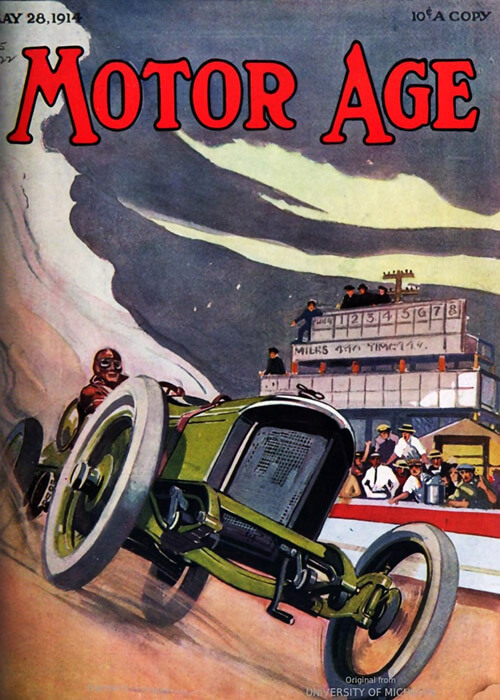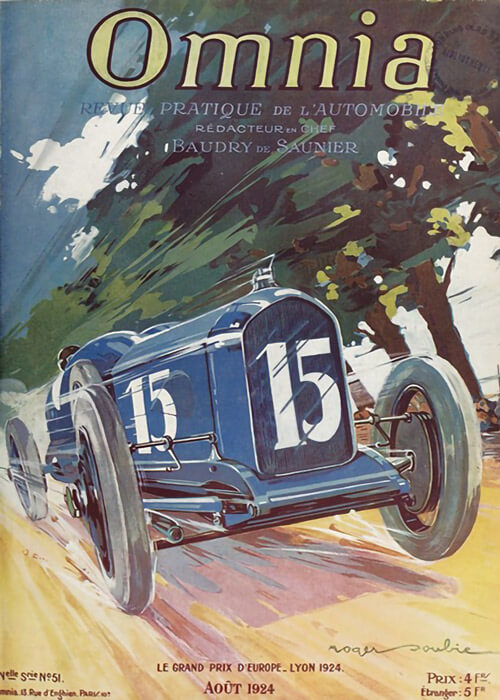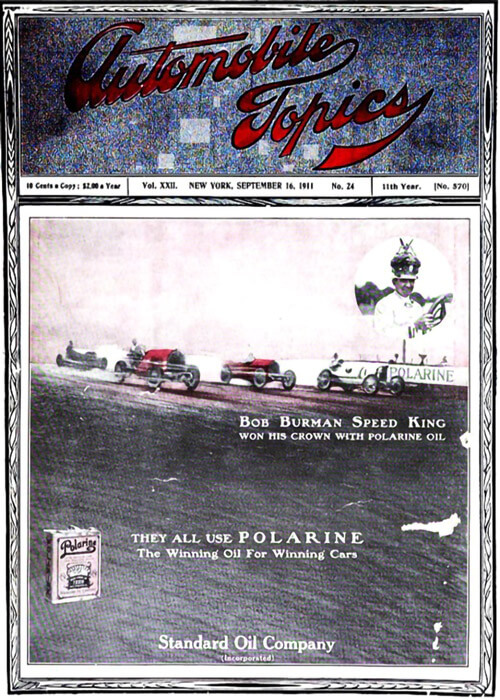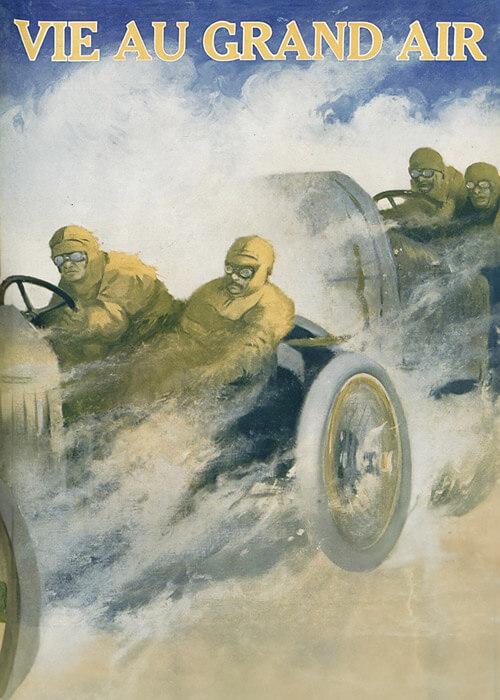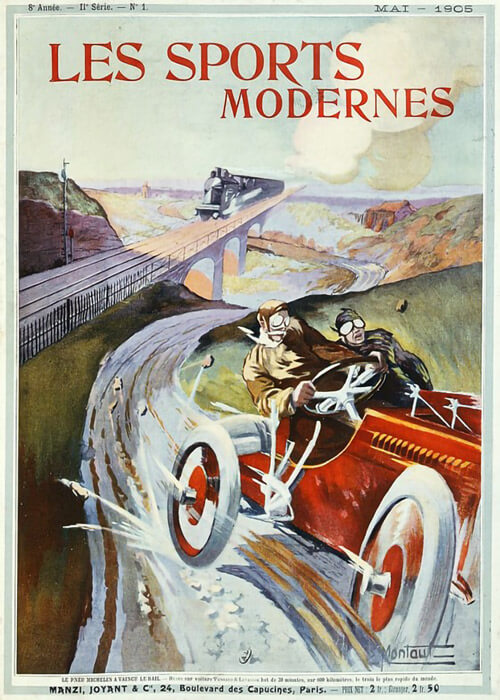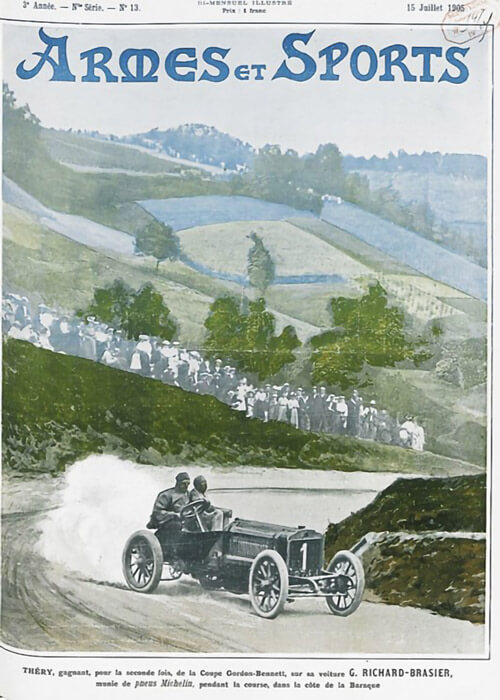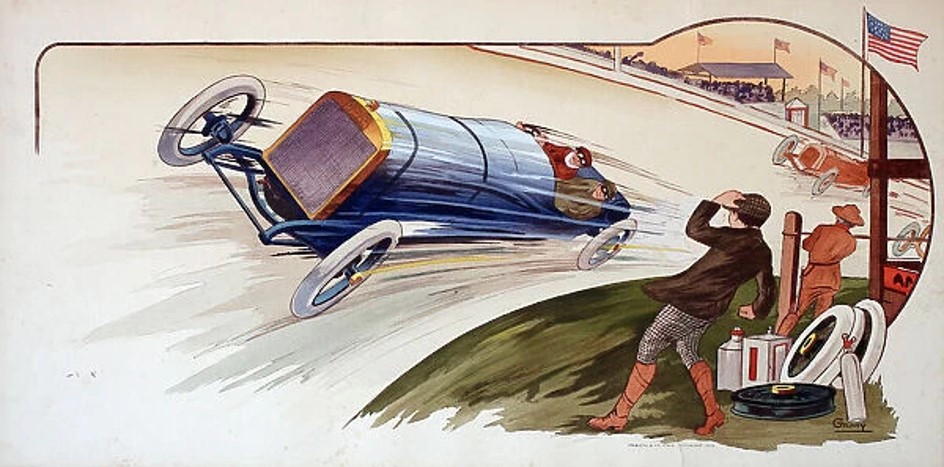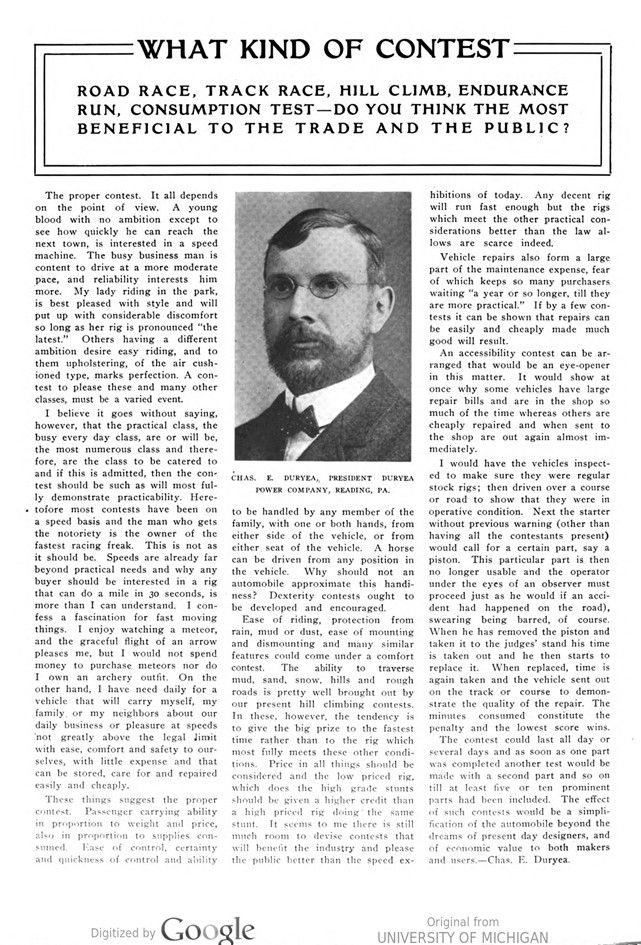
A view on the different kinds of automobile contests by Charles Duryea, the one who won the first ever American race more than ten years ealier; the Chicago-Times-Herald Race of november 1895.
Text and jpegs by courtesy of hathitrust.org www.hathitrust.org, compiled by motorracinghistory.com
THE MOTOR WAY Vol. XV, No. 16, October 18 1906, page 12
WHAT KIND OF CONTEST
ROAD RACE, TRACK RACE, HILL CLIMB, ENDURANCE RÜN, CONSUMPTION TEST-DO YOU THINK THE MOST BENEFICIAL TO THE TRADE AND THE PUBLIC ?
CHAS. E. DURYEA, PRESIDENT DURYEA POWER COMPANY, READING, PA.
The proper contest. It all depends on the point of view. A young blood with no ambition except to see how quickly he can reach the next town, is interested in a speed machine. The busy businessman is content to drive at a more moderate pace, and reliability interests him more. My lady riding in the park is best pleased with style and will put up with considerable discomfort so long as her rig is pronounced „the latest.“ Others having a different ambition desire easy riding, and to them upholstering, of the air cushioned type, marks perfection. A contest to please these and many other classes, must be a varied event.
I believe it goes without saying, however, that the practical class, the busy everyday class, are or will be, the most numerous class and therefore, are the class to be catered to and if this is admitted, then the contest should be such as will most fully demonstrate practicability. Heretofore most contests have been on a speed basis and the man who gets the notoriety is the owner of the fastest racing freak. This is not as it should be. Speeds are already far beyond practical needs and why any buyer should be interested in a rig that can do a mile in 30 seconds, is more than I can understand. I confess a fascination for fast moving things. I enjoy watching a meteor, and the graceful flight of an arrow pleases me, but I would not spend money to purchase meteors nor do I own an archery outfit. On the other hand, I have need daily for a vehicle that will carry myself, my family or my neighbors about our daily business or pleasure at speeds not greatly above the legal limit with ease, comfort and safety to ourselves, with little expense and that can be stored, care for and repaired easily and cheaply.
These things suggest the proper contest. Passenger carrying ability in proportion to weight and price, also in proportion to supplies consumed. Ease of control, certainty and quickness of control and ability to be handled by any member of the family, with one or both hands, from either side of the vehicle, or from either seat of the vehicle. A horse can be driven from any position in the vehicle. Why should not an automobile approximate this handiness? Dexterity contests ought to be developed and encouraged.
Ease of riding, protection from rain, mud or dust, ease of mounting and dismounting and many similar features could come under a comfort contest. The ability to traverse mud, sand, snow, hills and rough roads is pretty well brought out by our present hill climbing contests. In these, however, the tendency is to give the big prize to the fastest time rather than to the rig which most fully meets these other conditions. Price in all things should be considered and the low-priced rig, which does the high grade stunts should be given a higher credit than a high priced rig doing the same stunt. It seems to me there is still much room to devise contests that will benefit the industry and please the public better than the speed exhibitions of today. Any decent rig will run fast enough but the rigs which meet the other practical considerations better than the law al- lows are scarce indeed. Vehicle repairs also form a large part of the maintenance expense, fear of which keeps so many purchasers waiting „a year or so longer, till they are more practical.“ If by a few contests it can be shown that repairs can be easily and cheaply made much good will result. An accessibility contest can be arranged that would be an eye-opener in this matter. It would show at once why some vehicles have large repair bills and are in the shop so much of the time whereas others are cheaply repaired and when sent to the shop are out again almost immediately. I would have the vehicles inspected to make sure they were regular stock rigs; then driven over a course or road to show that they were in operative condition. Next the starter without previous warning (other than having all the contestants present) would call for a certain part, say a piston. This particular part is then no longer usable and the operator under the eyes of an observer must proceed just as he would if an accident had happened on the road), swearing being barred, of course. When he has removed the piston and taken it to the judges‘ stand his time is taken out and he then starts to replace it. When replaced, time is again taken, and the vehicle sent out on the track or course to demonstrate the quality of the repair. The minutes consumed constitute the penalty and the lowest score wins. The contest could last all day or several days and as soon as one part was completed another test would be made with a second part and so on till at least five or ten prominent parts had been included. The effect of such contests would be a simplification of the automobile beyond the dreams of present-day designers, and of economic value to both makers and users. – Chas. E. Duryea.
